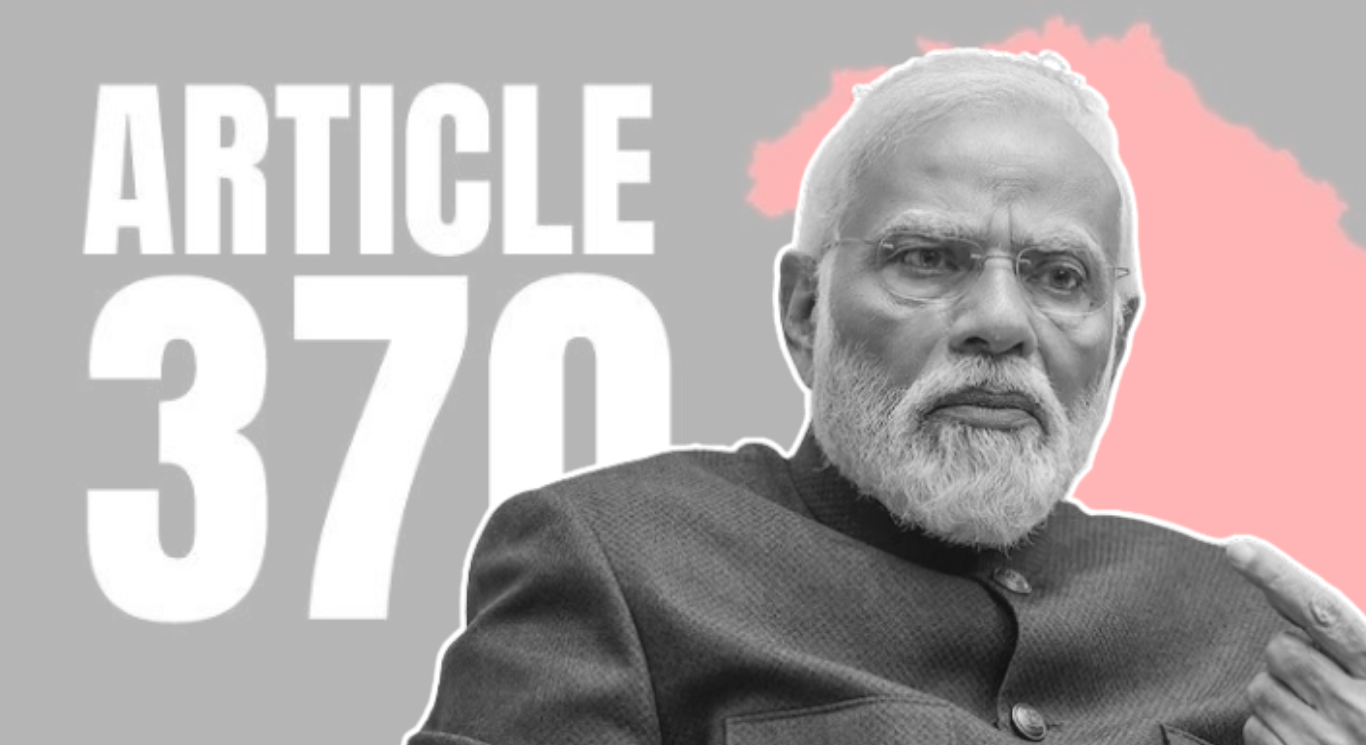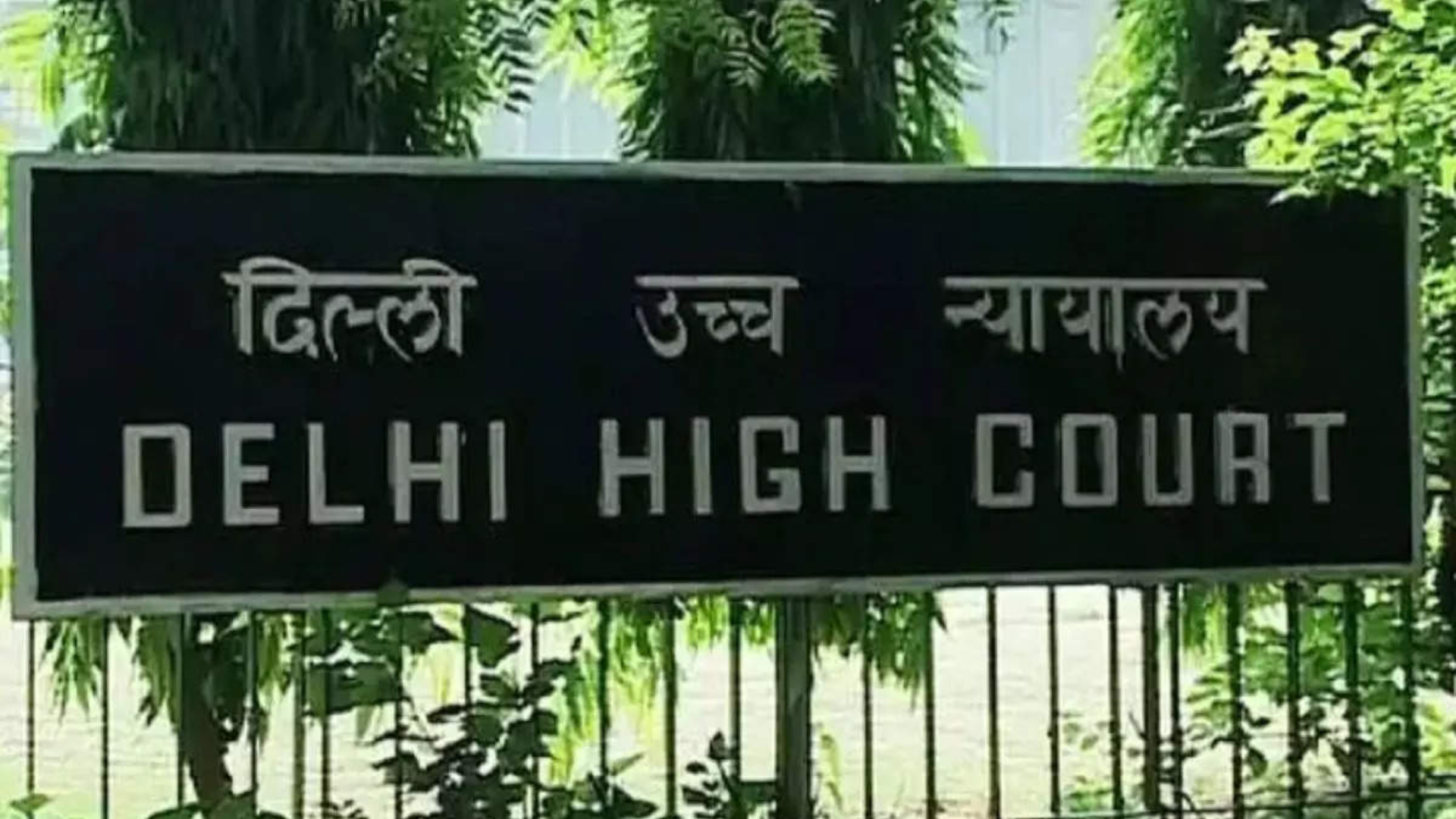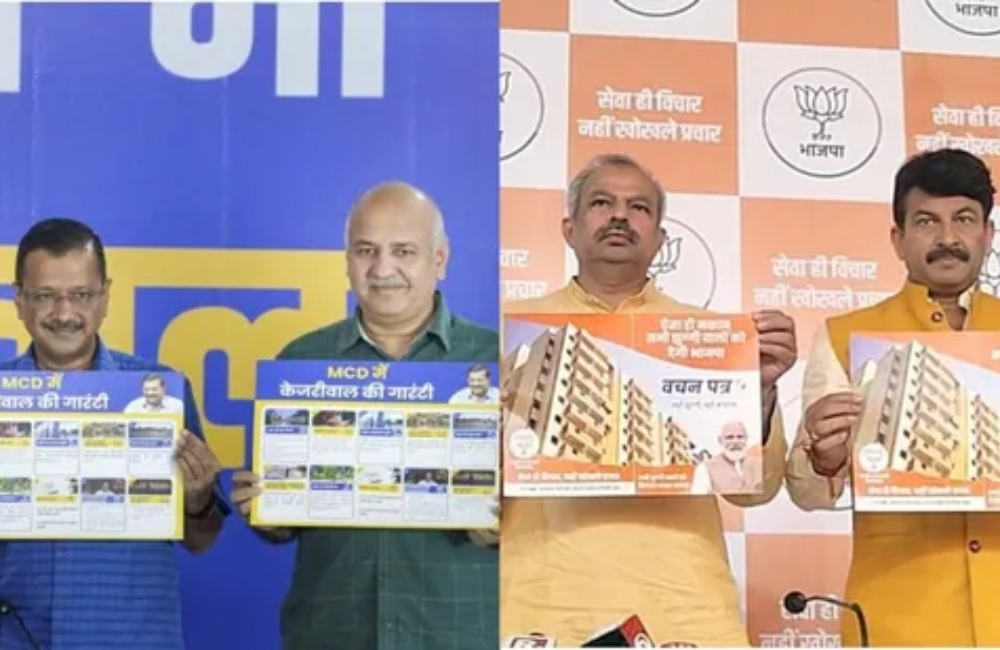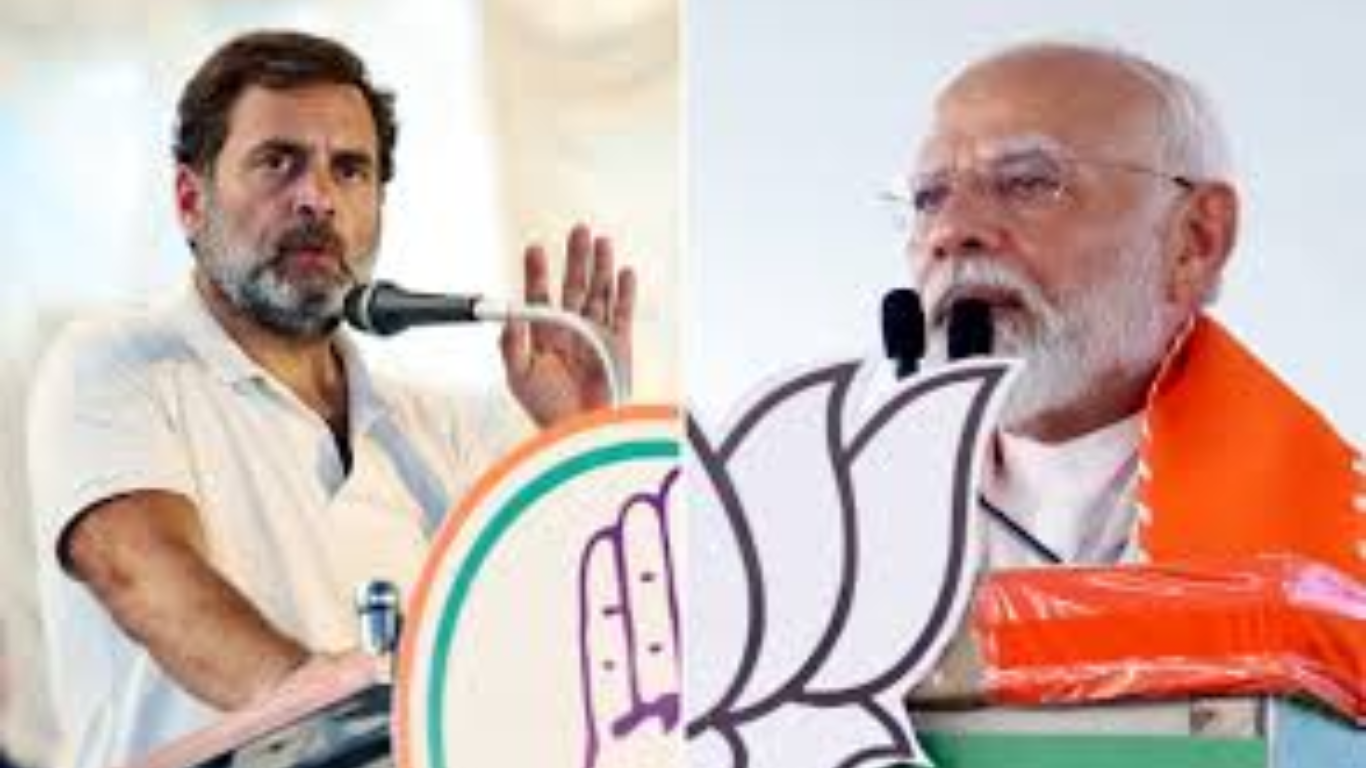










According to the Election Commission on Wednesday, 56 AAP candidates have been declared victors in the current close race in Delhi local body polls between the Bhartiya Janata Party (BJP) and the Aam Aadmi Party (AAP).
AAP was leading in 77 wards, while the BJP was leading in 58 at 11:30 am. According to the current trends, the Aam Aadmi Party (AAP) has passed the halfway point in the counting of votes in 250 wards in the Municipal Corporation of Delhi (MCD) elections, indicating that exit polls that anticipated the party’s lead were correct.
The high-decibel struggle that took place in the election campaign ahead of the polls on December 4, witnessed both parties’ (BJP, AAP) claims and counter-claims of winning the elections, but it all comes down to December 7, when the election results will be disclosed.
Earlier on December 4, polls for 250 wards of the national capital were held, with around 50% voter turnout and a total of 1,349 candidates in the running. However, with exit polls forecasting an AAP victory in the MCD polls, the low voter participation may not be a sign of pro-incumbency.
The Congress party, which is primarily concerned with the success of the Bharat Jodo Yatra, was not expected to be a major opponent in the latest polling. The party is expected to win barely a few seats.
However, the high-stakes municipal elections are often viewed as a three-way race between the BJP, the AAP, and the Congress.
The Commission has set up 42 counting centres across the city for the counting. The Commission has already dispatched 68 Election Observers, under whose supervision the Returning Officers will count ballots in the presence of candidates or their agents.
In addition, the Commission has stationed 136 engineers from Electronics Corporation of India Limited (ECIL) at these counting centres to address any technical difficulties with the EVMs that may develop during the voting process.









